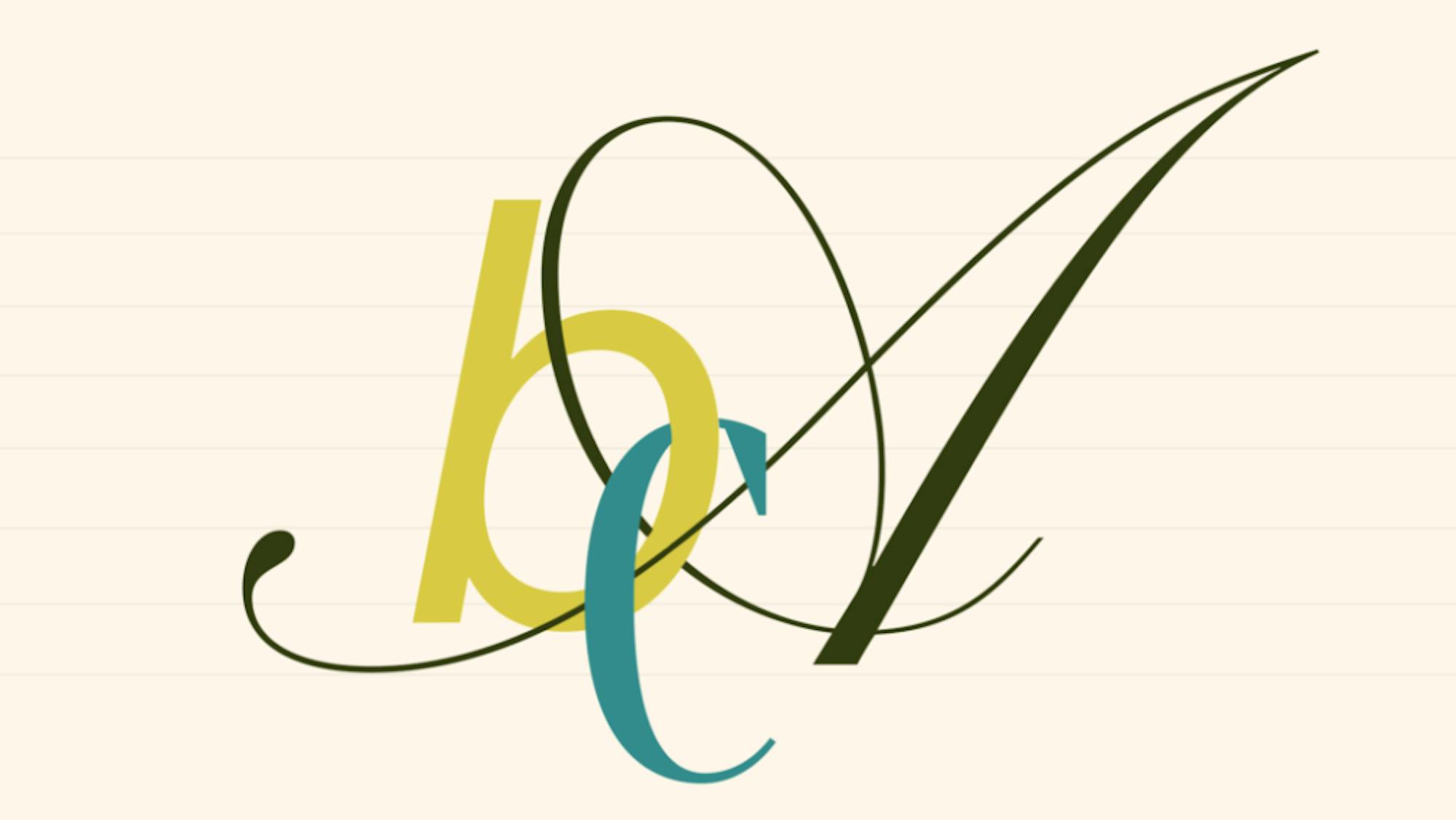
As an English major, I have received countless stereotypical assumptions about my major that reduce the field simply to studying the English language and literature. English language skills are only a tool in the English major; the real focus is deconstructive reflection.
“You want to be a writer?”
“So you will teach English in high school?”
“Why would you study English if you are Chinese?”
“Wow, then you must be familiar with all these books I have to read this semester!”
I find it surprising that English, one of the best-ranked majors at Emory University, is misunderstood on campus. When I wanted to explain to my friends what being an English major really entails, I found it hard to do so in a few sentences because the major is inclusive of so many phenomena that are seemingly irrelevant to the study of English.
The number of English majors has declined partly due to people’s narrow understanding of the major as rigid literature studies detached from reality. Therefore, understanding what the English major really does not only helps students interested in the humanities, but also the entire job market, discover more possibilities and expand its acceptance for students coming from a marginalized academic background.
I used to have a very split impression of English. Passionate about writing, I kept the English major at the back of my mind but did not really consider it because of all the stereotypes. In my home country, China, English majors are restricted to careers in translating or language teaching. The narrow career options and China’s declining emphasis on English make people look down on English majors, joking that the program is for students who don’t have enough skills for other majors. As an international student in the U.S., I was daunted by the English major because I couldn’t even say a fluent sentence in English for the first 13 years of my life.
Yet in my first-year writing class, my English professor didn’t put an emphasis on “English” at all. Instead, she iterated the term “rhetoric,” saying “the English class is all about rhetoric, the art of persuasion.” The worries I previously had with taking an English class in the U.S. — writing and speaking fluently in English, eliminating grammatical mistakes, reading English quickly — were only secondary to the class’s core tenets. Primarily, we were encouraged to focus on the deconstruction of ideas that we have taken for granted in daily life, like the standardization of language solely as spoken and written, instead of being more diversely expressed, and to reflect upon them through reading and writing. We were challenged with questions that considered why people believe in propaganda, why we feel angry with certain types of greetings and why humans formulate certain conventions in language throughout history. I realized that English is such a welcoming discipline without exclusivity; any conversations in our daily lives could become part of class discussions.
My final project for my first-year writing class was an autoethnography, a reflection on how I gained my identity. The project reiterated the interdisciplinary and common nature of English; any mundane experience deserves to be reviewed in the English discipline. Without the project, I would have never realized the nuances brought by my identity as a child of neurodivergent parents, which affected my entire life trajectory. English, rather than being an exclusive academic subject, fuses diverse personal experiences with academic conversations. English reminds us that everyday experiences should be reevaluated for people to truly understand their meanings and analytical writing is the cohesion that drives such scholarly reflections. Realizing that my passion for writing can be used so comprehensively through the English major, I decided to major in English after my first-year writing class.
From taking more classes in the English discipline, I find English to be a perfect subject that reconciles my broad interests across writing, social justice, literature, visual arts and so on. I am now researching neurodivergent rhetorics with my English professor. In a 300-level English class I am taking this semester, we explore the global implications of Western media, discovering endless possibilities for the interpretation of visual language. These interdisciplinary issues I explore in the subject inspire me every day, and I’m always excited to share them with others.
However, after speaking with people outside of my major about such issues, they always propose different assumptions about my major: psychology, comparative literature, sociology, philosophy, etc. When I reveal the truth, they look surprised, saying, “I thought you would talk more about literature and writing, then.” It is true that I take a lot of classes on literature and writing. Nevertheless, in these classes, we are also encouraged to express interest in critical issues we care about and are assured we will not be judged if the subjects we write about are not “English” enough.
To fulfill Emory’s general education requirements, students must take first-year English classes to gain a basic understanding of why the many conventions in social communication exist. Although students may get away with using high school credits, all of them must still take advanced English classes to fulfill the continuing writing requirement. These daunting classes carry the “writing” tag, causing many to worry that English classes solely focus on difficult literature and intensive writing. Such worries can be mediated if we think about English as a cognitive process that transforms socially-ignored, everyday phenomena into a reflection of human history, psychology and social norms.
Instead of grappling with the direct end results of an English major, it is time to focus on the process of learning English and applying the skills it offers to a future reality.
Amiee Zhao (24Ox) is from Shanghai, China.





